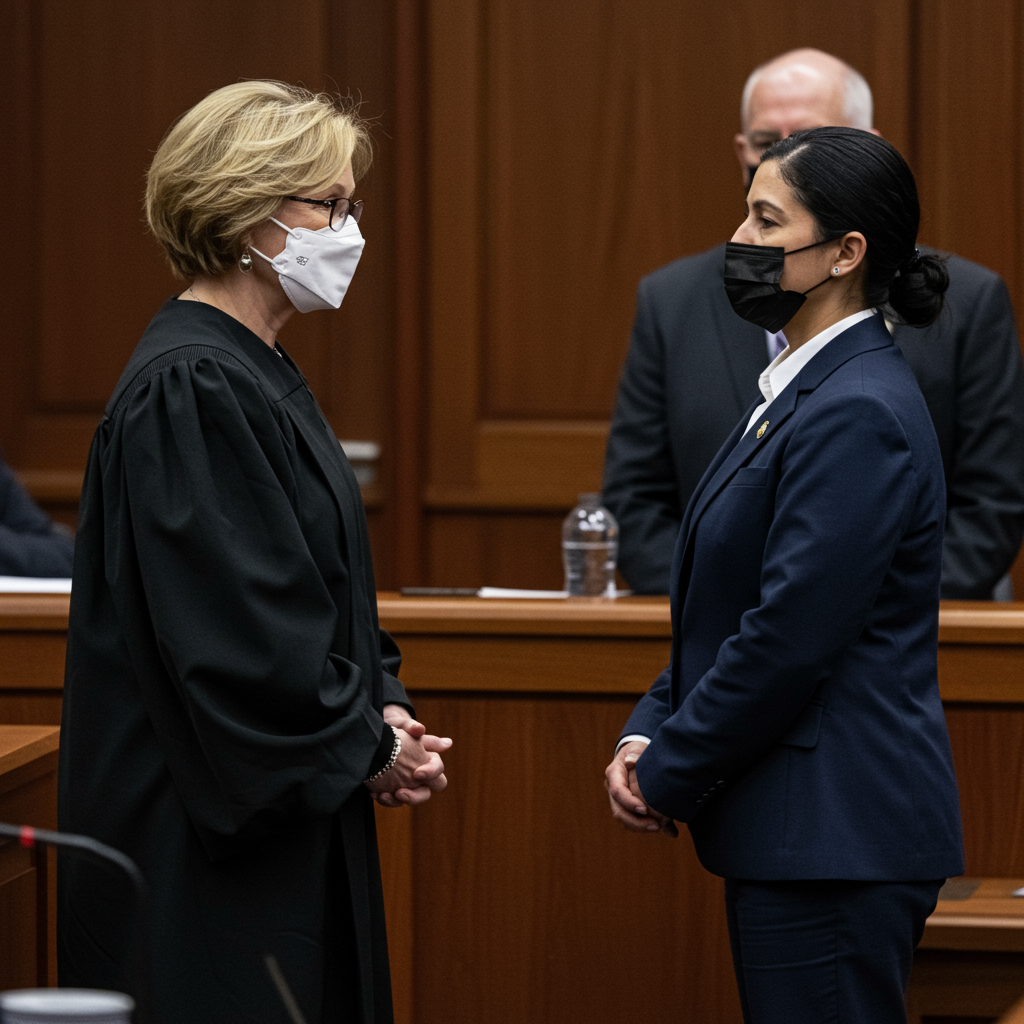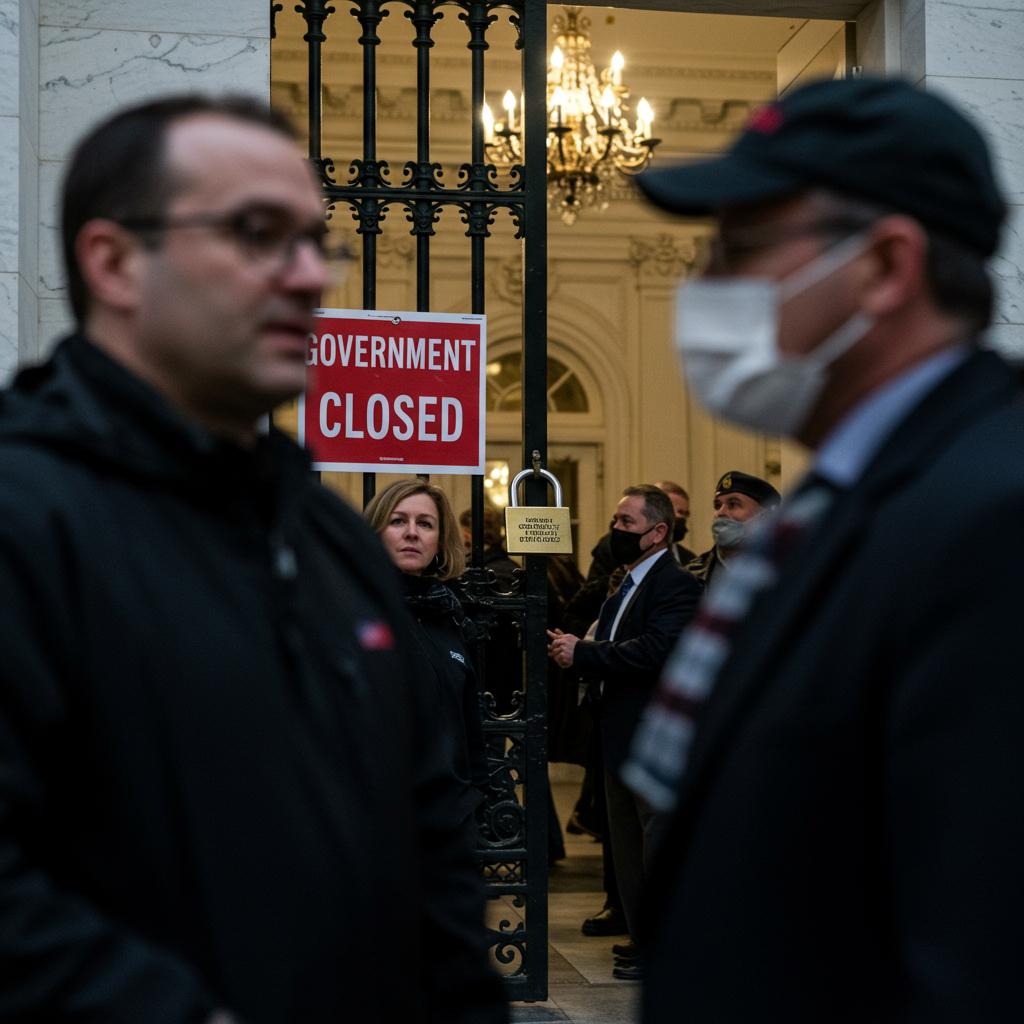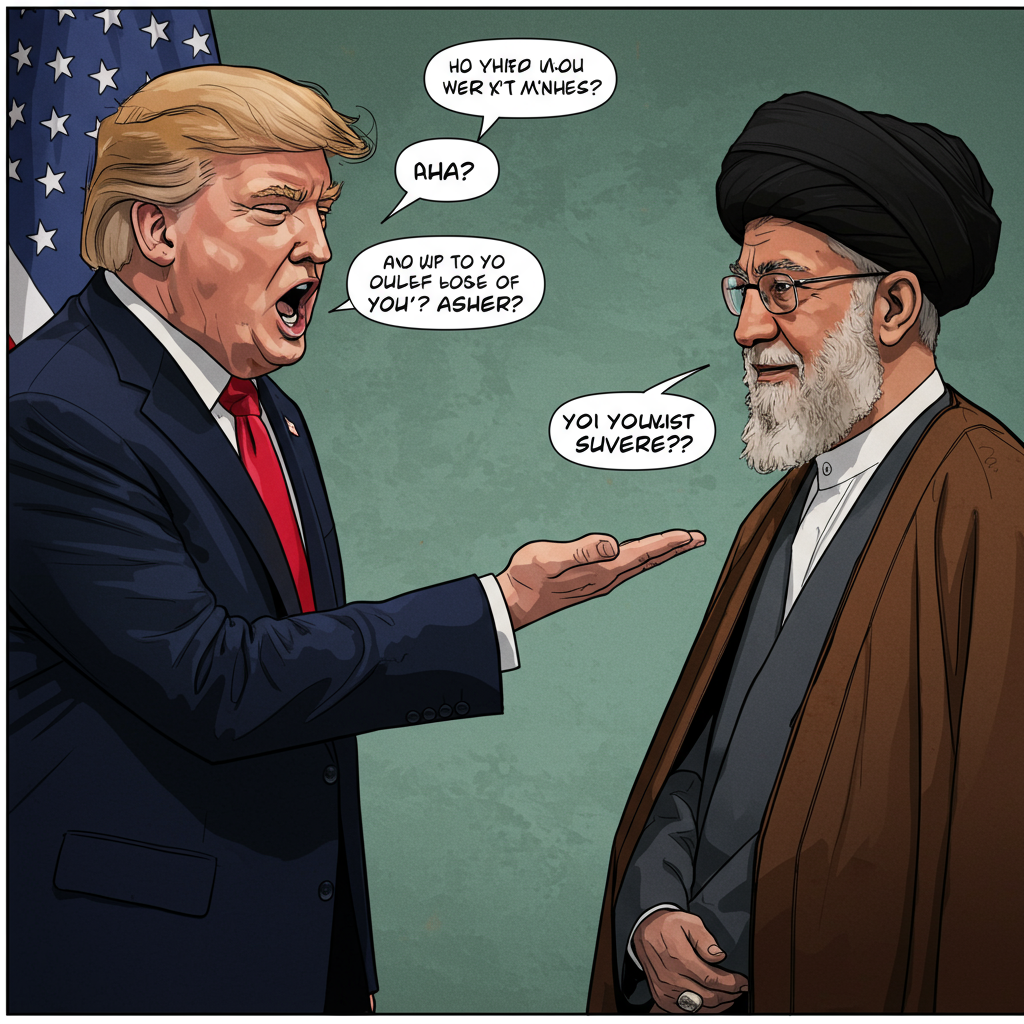Judge Orders Kilmar Abrego Garcia’s Release Pending Trial
A federal judge in Nashville, Tennessee, has ordered the pretrial release of Kilmar Abrego Garcia, an El Salvador citizen facing federal human smuggling charges whose case has become a significant point of contention amid ongoing immigration enforcement debates. U.S. Magistrate Judge Barbara Holmes ruled Sunday that Garcia, mistakenly deported in March before facing the current charges, should be released while he awaits trial.
However, the judge’s order is unlikely to result in immediate freedom for Garcia. U.S. Immigration and Customs Enforcement (ICE) intends to take him into custody upon his release from criminal detention, potentially leading to his deportation before he can stand trial. This conflicting situation has prompted the U.S. government to file an appeal against Judge Holmes’s decision, seeking a stay on her impending release order.
Judge Holmes acknowledged in her ruling that, given ICE’s likely actions, the decision on criminal pretrial detention felt “little more than an academic exercise.” Nevertheless, she proceeded, emphasizing the entitlement to the presumption of innocence and a full evaluation of whether detention is necessary. She found the government failed to provide “clear and convincing” evidence demonstrating that Garcia was a flight risk, posed an irremediable danger to the community, or would interfere with court proceedings if released. “Overall, the Court cannot find from the evidence presented that Abrego’s release clearly and convincingly poses an irremediable danger to other persons or to the community,” her written ruling stated. A hearing is scheduled for Wednesday to discuss the specific conditions of Garcia’s release.
Background of the Case: Charges and Mistaken Deportation
Kilmar Abrego Garcia pleaded not guilty to the human smuggling charges on June 13. His defense attorneys argue that these charges were brought after his mistaken deportation to a notorious prison in El Salvador in March, suggesting they are an attempt to retroactively justify the error. The June 13 hearing marked Garcia’s first opportunity in a U.S. courtroom to respond to the government’s allegations since his return.
The smuggling allegations against Garcia originate from a 2022 traffic stop in Tennessee. Pulled over for speeding, Garcia was driving a vehicle with nine passengers. Although officers suspected smuggling at the time, he was allowed to leave with only a warning. A subsequent federal indictment accuses him of involvement in smuggling hundreds of individuals living in the U.S. illegally, including children and alleged members of the MS-13 gang. Garcia denies these accusations. Notably, the investigation leading to these charges reportedly commenced weeks after the Supreme Court ordered the administration to facilitate Garcia’s return from El Salvador following mounting public pressure surrounding his mistaken deportation.
Courtroom Arguments and Competing Priorities
During the June 13 detention hearing, Acting U.S. Attorney Rob McGuire argued against Garcia’s release. He controversially suggested that the likelihood of ICE detaining and deporting Garcia was itself a reason to keep him in criminal custody. McGuire also presented uncharged allegations from cooperating witnesses, claiming Garcia trafficked drugs and firearms and abused women he transported. While not formal charges, McGuire cited these accusations as evidence that Garcia is a dangerous individual who should remain jailed pretrial.
The judge reportedly suggested during the hearing that the Department of Justice and the Department of Homeland Security, which oversees ICE, needed to resolve amongst themselves whether their priority was criminal prosecution or deportation. As of now, no trial date has been set for the smuggling charges.
Deportation Challenges and Legal Context
Kilmar Abrego Garcia’s case highlights the complex intersection of criminal proceedings and immigration enforcement. His assistant federal public defender, Will Allensworth, argues that immediate deportation is not a certainty. He points to a 2019 immigration judge’s order that prevents Garcia’s deportation to his native El Salvador due to a credible threat he faces from gangs there.
While deportation to a third country remains a possibility, Allensworth explained that immigration officials would first have to demonstrate that the destination country is willing to accept Garcia and would not simply send him back to El Salvador.
Legal experts provide context on the typical process. According to Ohio State University law professor César Cuauhtémoc García Hernández, most individuals in ICE custody who also face criminal charges are usually deported rather than held in the U.S. for trial. He notes that the government does not require a criminal conviction to deport Garcia, as he initially entered the country illegally, making the legal standard for deportation “laxter.” García Hernández adds that any decision by an immigration judge can be appealed, first to the Board of Immigration Appeals, and then to a federal appeals court, suggesting the process could still be protracted.
The final outcome for Kilmar Abrego Garcia remains uncertain as his case navigates the competing interests of the criminal justice system and immigration enforcement, all under significant public scrutiny.



